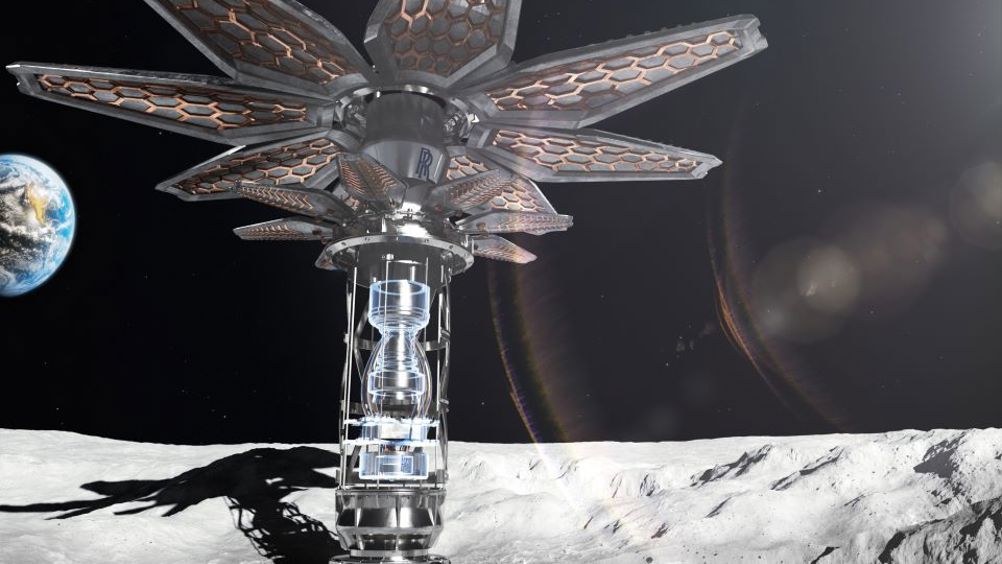UK Space Agency funds Rolls-Royce nuclear Micro-Reactor for Moon base
Humans could maintain a continuous presence on the Moon with a UK Space Agency-supported nuclear Micro-Reactor being developed by scientists and engineers at Rolls-Royce.

The UK Space Agency has announced £2.9m of new funding for the project which will deliver an initial demonstration of a UK lunar modular nuclear reactor. This follows a £249,000 study funded by the UK Space Agency in 2022.
In a statement, George Freeman, minister of state at the Department of Science, Innovation and Technology, said: “Space exploration is the ultimate laboratory for so many of the transformational technologies we need on Earth: from materials to robotics, nutrition, cleantech and much more.
“As we prepare to see humans return to the Moon for the first time in more than 50 years, we are backing exciting research like this lunar modular reactor with Rolls-Royce to pioneer new power sources for a lunar base.”
Relatively small and lightweight compared to other power systems, a nuclear micro-reactor could enable continuous power regardless of location, available sunlight, and other environmental conditions.
The funding allows Rolls-Royce to focus on three key features of the Micro-Reactor; namely the fuel used to generate heat, the method of heat transfer, and technology to convert that heat into electricity. Rolls-Royce said it plans to have a reactor ready to send to the Moon by 2029.
Register now to continue reading
Thanks for visiting The Engineer. You’ve now reached your monthly limit of news stories. Register for free to unlock unlimited access to all of our news coverage, as well as premium content including opinion, in-depth features and special reports.
Benefits of registering
-
In-depth insights and coverage of key emerging trends
-
Unrestricted access to special reports throughout the year
-
Daily technology news delivered straight to your inbox










Water Sector Talent Exodus Could Cripple The Sector
Maybe if things are essential for the running of a country and we want to pay a fair price we should be running these utilities on a not for profit...